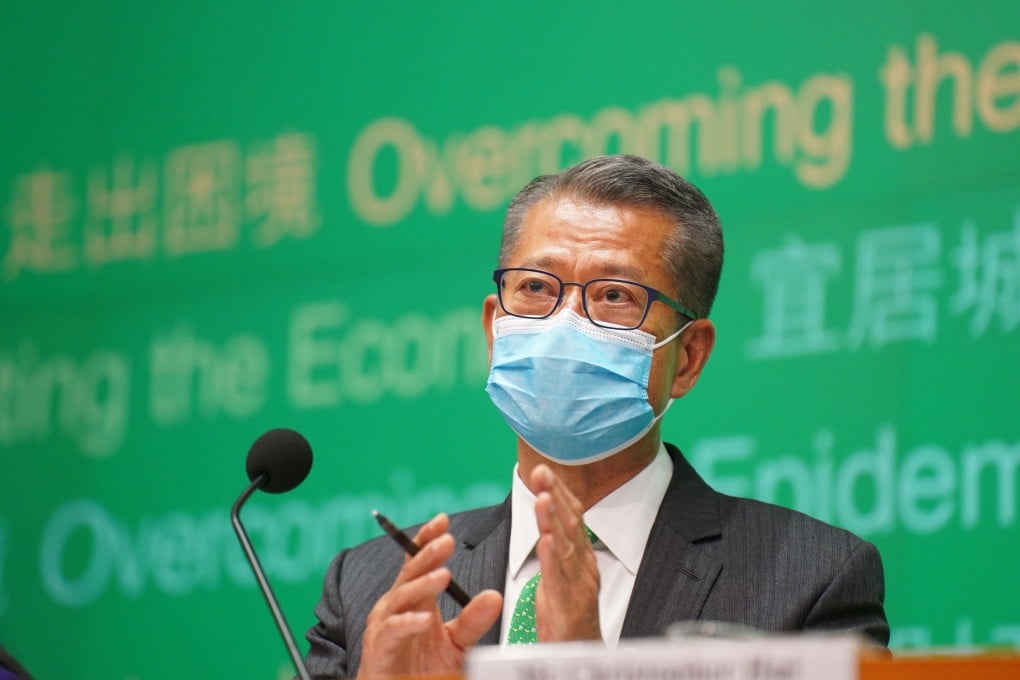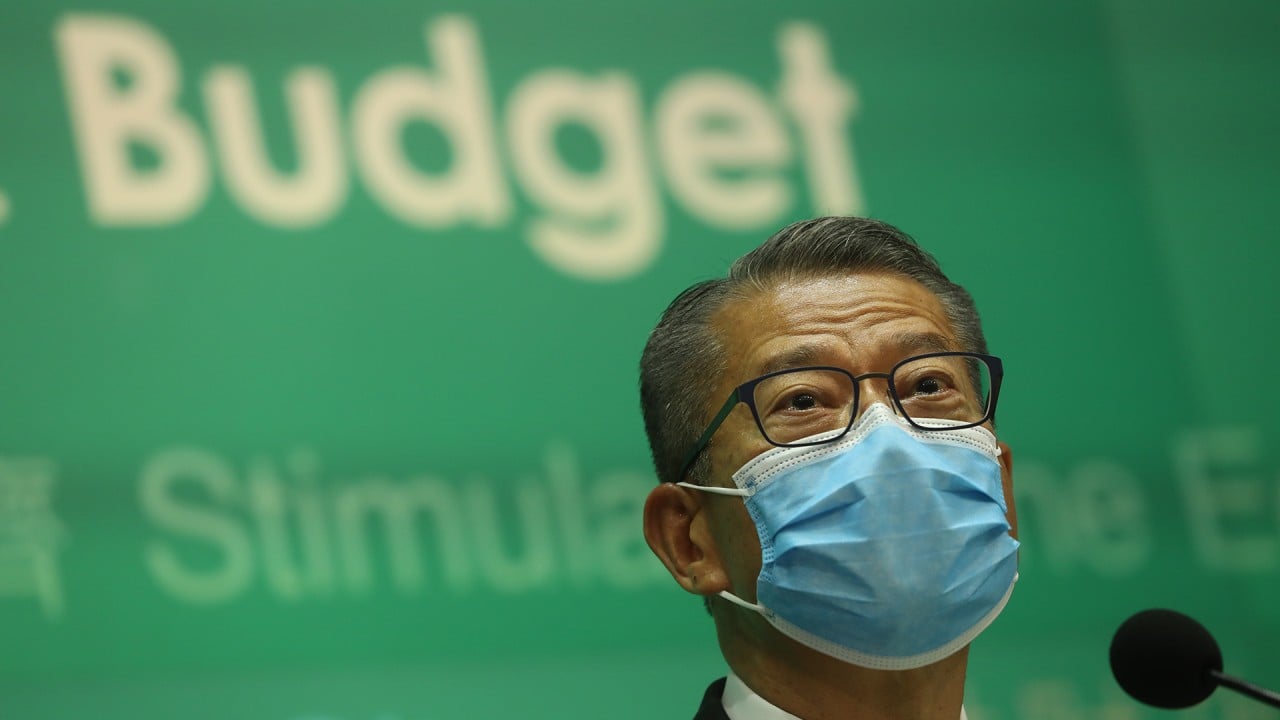Opinion | Hong Kong’s axing from Heritage Foundation’s Economic Freedom rankings a gift that will keep on giving
- Market failures related to global finance and Covid-19 should have made policymakers realise that to function well, free markets require sound rules
- Hong Kong needs to consider how it can achieve a better state-market balance in a post-pandemic world rather than cling to outmoded ideas of the free market

The rankings see virtually all forms of government intervention – including taxes and redistribution, government stabilisation policies and public monopolies – as inherently bad. But as anyone with even a superficial understanding of economics would know, markets can fail in a variety of ways and those failures often justify government intervention.

03:43
What Hong Kong’s 2021-22 budget means for residents of the city
The same concepts of a public good and collective action problems also apply to (global) financial stability, a lesson we should have learned during the global financial crisis more than a decade ago. Then, a liberalised, loosely regulated financial market produced a credit boom in the world’s most advanced economy, fuelling a housing bubble and a borrowing binge. When interest rates started to rise, the inevitable crash and the rapid loss of confidence in the financial system “spilled over” (yet another type of market failure: externalities) to the rest of the global economy, causing herding and panic selling, a shortage of liquidity and the sharpest downturn the world had experienced since the Great Depression.
The global downturn caused by the current pandemic could be much deeper and more prolonged than the one caused by the financial crisis. But thankfully, governments (and central banks) around the world have mostly been quick to roll out rapid, broad-based emergency measures, whether in the form of emergency loans to small businesses, wage subsidies, expansion and extension of unemployment insurance, support for consumer spending and lower interest rates. But according to the Heritage Foundation, the economy that ends up with a larger fiscal deficit or share of government spending in its GDP after the pandemic would be reducing economic freedoms.
There is also now discussion in many advanced economies of the need for a new social contract after the pandemic, one that involves modernising the welfare state and achieving a more equitable distribution of risks between the state and citizens. This adaptation of the modern welfare state is badly needed; the prevailing neoliberal consensus of the late 1990s and early 2000s led to individuals bearing too much risk in areas such as health, retirement and unemployment financing. A correction is long overdue, not least in places such as Hong Kong, which has embraced the neoliberal paradigm in its most extreme form since the British colonial era.


